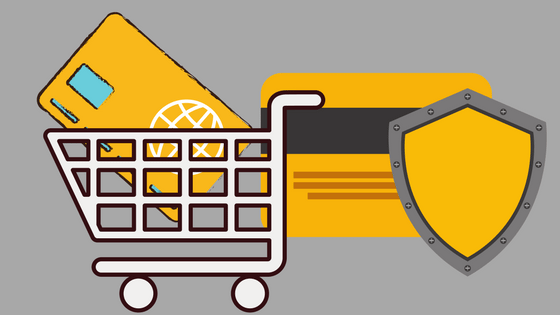Is this your first time owning a credit card? Owning a credit card is a privilege, and with that privilege is a set of responsibilities as well. Credit cards are susceptible to security breaches by hackers and fraudsters but it’s never too late to learn about credit card protection and security. So here are the top five important tips to follow:
1. Upon receiving your Credit Card
Never disclose your card number, online passwords and, most importantly, the last three digits at the back of your card to anybody. As well, never surrender your card to anyone for whatever reason or respond to emails especially those requesting for confidential account information.
2. When doing over-the-counter or face-to-face transaction
You might think that being physically present for credit card transactions makes it more secure. That might be true to some extent but not entirely. Fraudsters and hackers have ways to compromise your credit card security even when you think you’re looking, so it pays to be very extra careful and add an extra layer of precaution.
Be careful when handing over your credit card in shops. Always remain alert and make sure that your card is never out of your sight – it is common for cards to be copied. Known as ‘skimming’, this occurs when your card’s magnetic strip is electronically copied into another card.
Choose a credit card that takes extra steps to ensure the protection of your credit card transactions. With major credit cards, you get SMS alerts for your peace of mind. For a minimum transaction fee, you will immediately receive an SMS alert. So you could immediately notify the Customer Service for any unauthorized transactions.
3. When doing online transactions
Fraudsters creep about the internet using various methods to steal, so it is important to take extra care when purchasing products or services online. Only shop with trusted merchants and secure websites with ‘https’ at the beginning of the web address or a picture of a padlock in the corner of your computer screen. Also, make sure to uncheck the ‘store my credit card for future purchases’ option.
Nowadays, there are additional ways to protect your online credit card transactions. Choose a credit card that provides additional layers of security for your online transactions such as a secure code. Secure codes keep your online purchases more secure by providing a One-Time-Password (OTP) – a unique password for every online transactions made at participating online merchants.
4. What to do when your card is lost or stolen
Losing your credit card can be catastrophic especially when it lands in the wrong hands. So if you lose your card, consider it stolen and report it right away to your card issuer. Be ready to tell your card issuer the date and time you noticed your card missing. Also, make sure to mention any discrepancies on your billing statement.
It also helps if you follow-up your report with a letter stating that your credit card was lost or stolen. This letter will provide proof that you reported the loss, should it come into question.
5. The importance of checking your statement of account
Check your monthly statements closely. Look for purchases you didn’t make, and contact your credit card issuer as soon as you see any unauthorized or unfamiliar purchases. Thieves don’t always go around spending thousands that raise red flags. Some make regular small purchases, which is often unnoticeable if you’re not keen enough to scrutinize.
Aside from the traditional statement of account which could be received via snail mail, there are other ways to check on your billing statement. Major credit cards do not only provide the old school printed statement, but also allow you to check your credit card transactions through online banking, SMS summary of transactions, and eStatements. This allows the Cardholder to immediately check his/her credit card transactions in real time, or within a few days after the statement cut-off. And if there are any unfamiliar transactions, he/she could immediately check this with Customer Service.
